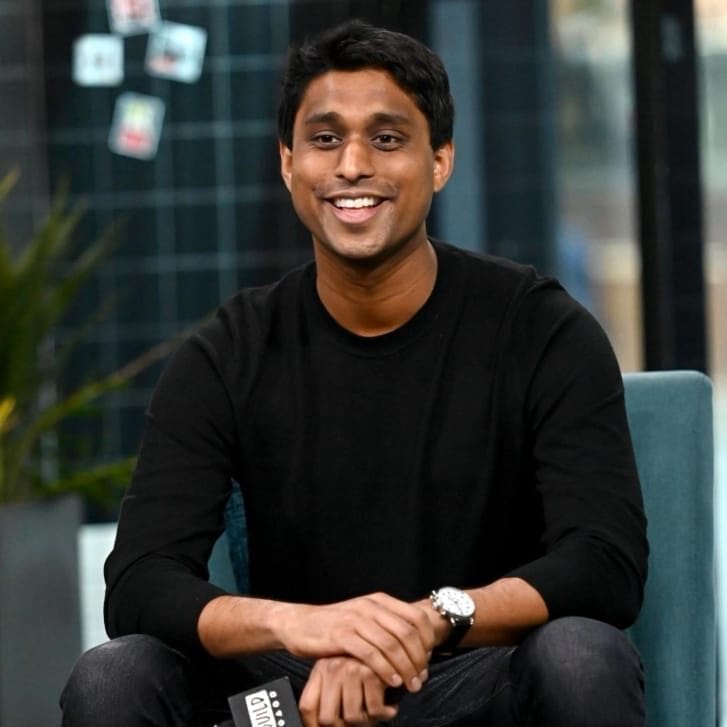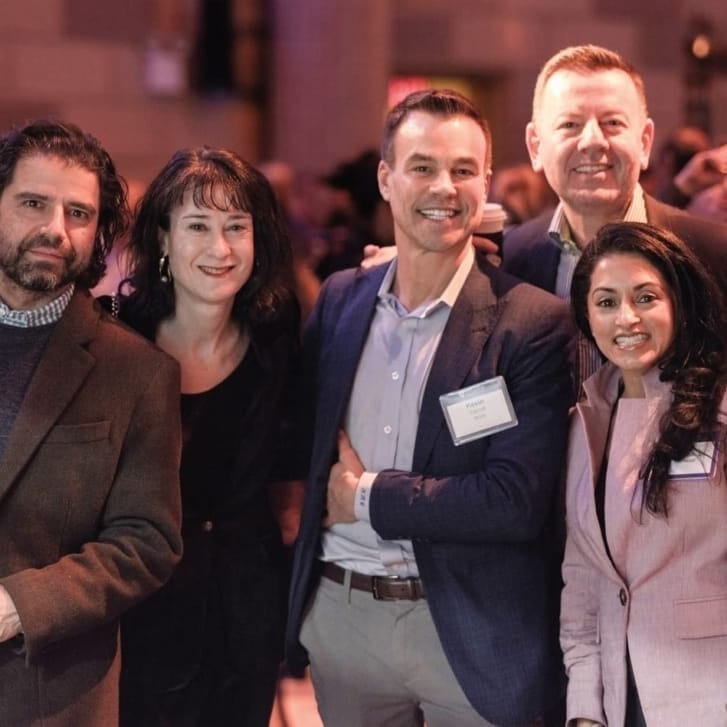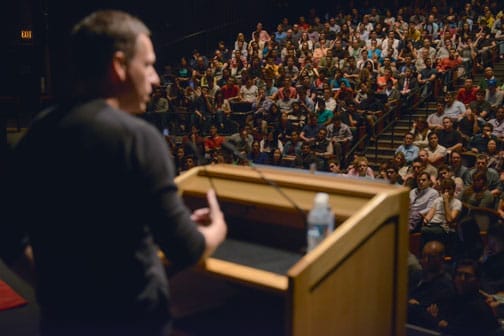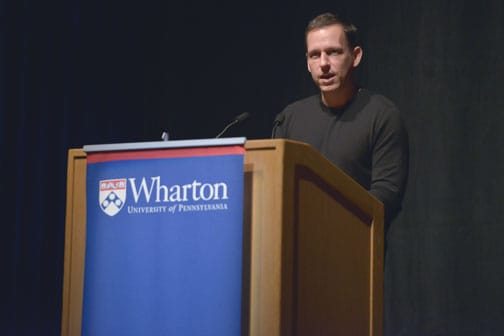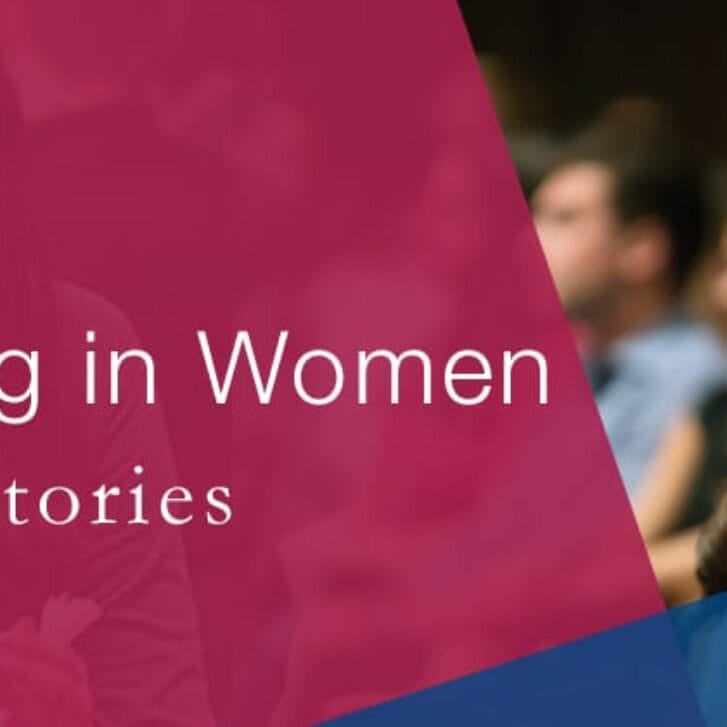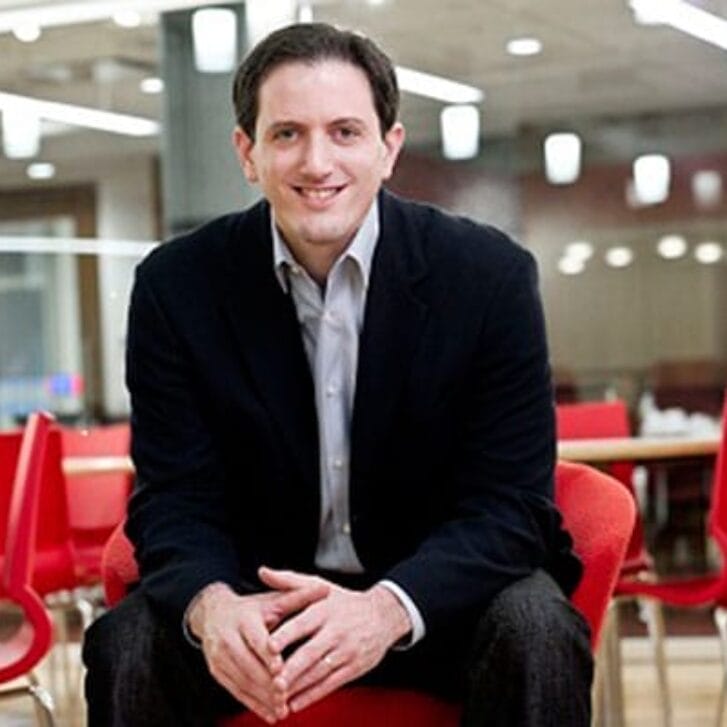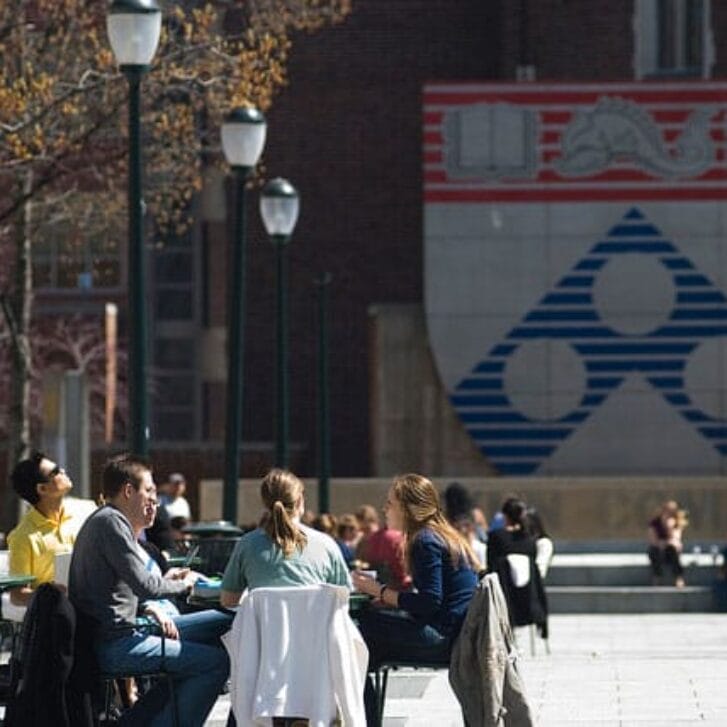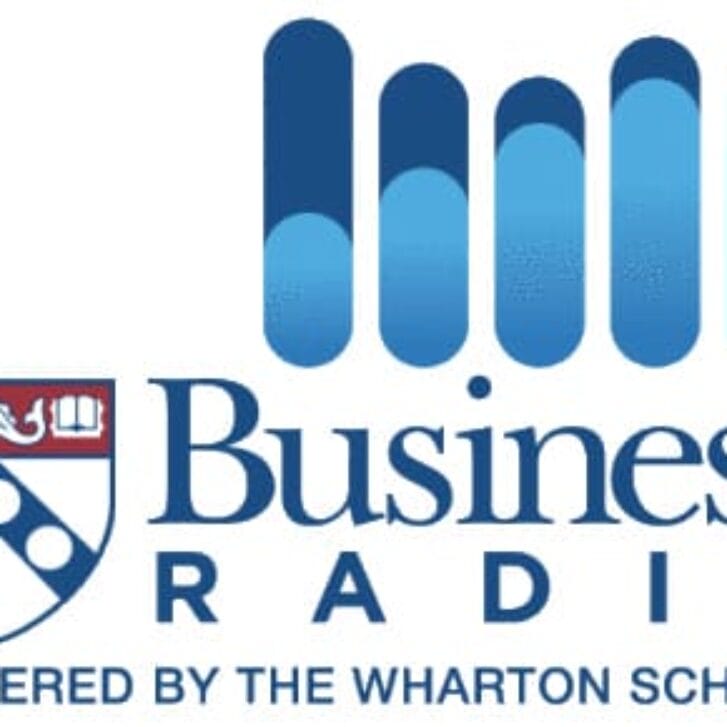What is Peter Thiel, the man who pays innovative college students to abandon their degrees and pursue their own ventures, doing speaking at Wharton? A lot of good, it turns out.
The author of Zero to One: Notes on Startups, or How to Build the Future, opened his recent speech at Penn by tackling the big question in his book title: How do we get “zero to one” moments? That is to say moments that lead us from an idea to a success.
Thiel’s response provoked questions for each individual listening to him in the Zellerbach Theater at Annenberg: What do you have to offer, and how can you make it a part of a market? What is it about what you’re selling that makes it desirable to consumers?
Although most of the people in the room were surely interested in how Thiel became such a successful entrepreneur and investor—he co-founded PayPal and, in 2004, became the first outside investor in Facebook—Thiel made it clear from the start that experiments cannot be re-run. Thiel could not say whether he would have done anything differently if he had to do it over because it would simply not be the same situation.
This stood out to me as a truth, as a junior who is constantly asking, “So how did you end up at Job X?” Nobody I have ever asked has given me the same answer as the person before them.
Watch Peter Thiel’s presentation to more than 1,000 Penn students, staff and faculty, followed by a Q&A with Wharton Management Professor and The Class of 1965 Chair Adam Grant.
Rather than expounding on the details of his own successes, Thiel helped us in the audience better understand their own paths. He made it clear that education cannot be a substitute for clearly thinking through what you want to do. Otherwise, we end up in default jobs, like consulting. There is no one right way to do something—it only matters that you think it through and devote yourself entirely to making it work. What great company is nobody out there building? If you left the market, could someone quickly replace you, or are you indispensable?
Whether in the entrepreneurship game or entering the job market as a recent graduate (a case that hits a little too close to home for some of us), it is always a good idea to consider what it is that we have to offer. We may dread the interview process of OCR, but Thiel trumps even our worst nightmares: In his interviews, he revealed, he asks people to tell him something that nobody agrees with, which Thiel uses as a start to get at the person’s potential.
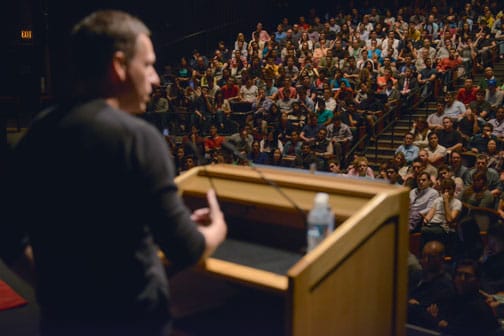 “This is something uncomfortable to do; we are shorter on courage than we are on genius. There is no shortage of good ideas, but people play it too safe with their ideas,” he said.
“This is something uncomfortable to do; we are shorter on courage than we are on genius. There is no shortage of good ideas, but people play it too safe with their ideas,” he said.
With a lifetime of experience and a wealth of knowledge to share, Thiel fits easily into the ranks of model entrepreneurs upon which aspiring innovators model themselves. He can also serve simply as an inspiration to anyone who has to start thinking about what they have to offer to the world.
Thiel came to campus on Sept. 22 as part of Authors@Wharton Speaker Series, sponsored by the Wharton Leadership Program.








